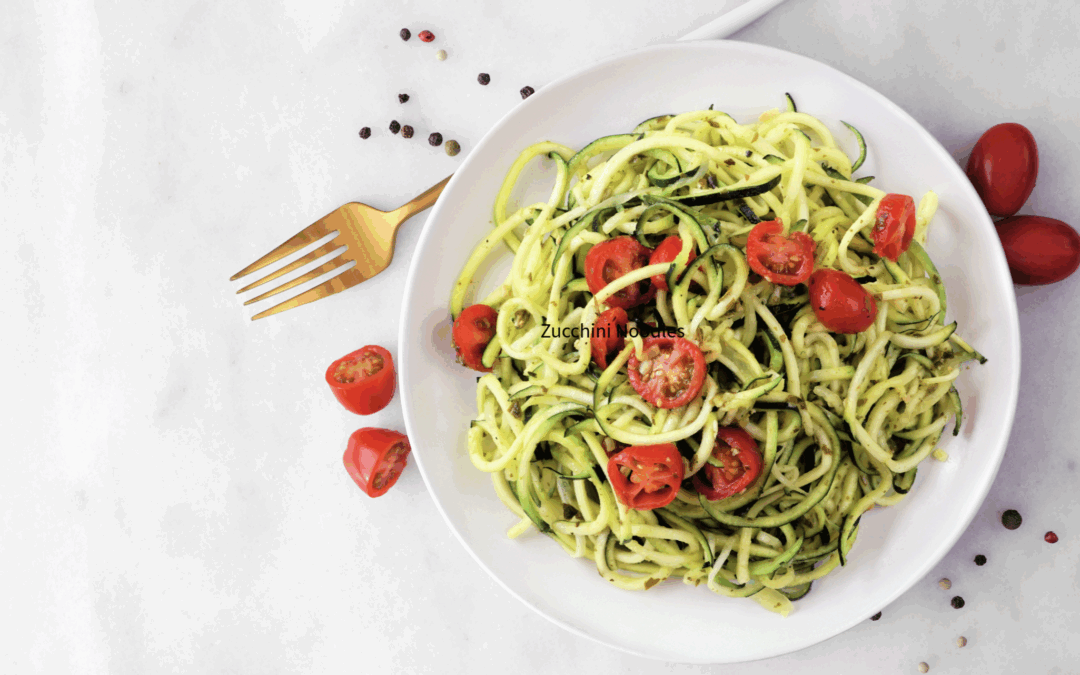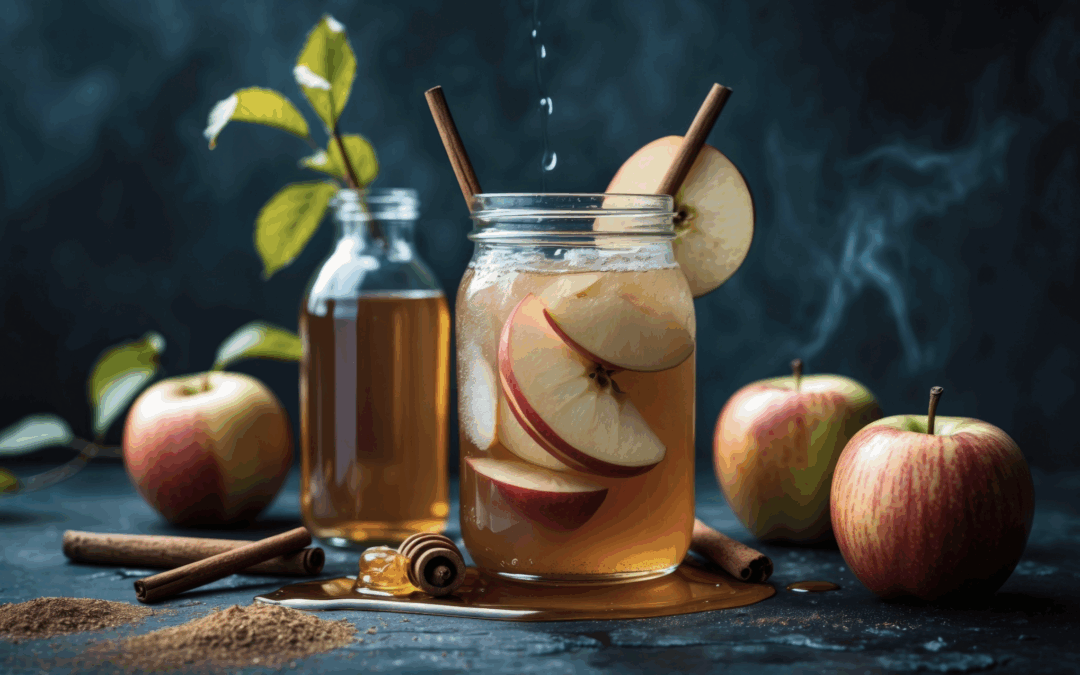Maintaining healthy blood sugar levels is essential for overall well-being. High blood sugar, also known as hyperglycemia, can lead to serious health issues like diabetes, heart disease, and kidney problems. However, managing blood sugar doesn’t always require medication. There are several simple, natural ways you can incorporate into your daily routine to help regulate blood sugar levels. Here are some easy, science-backed tips to lower blood sugar naturally!
1. Incorporate More Fiber into Your Diet
Fiber is one of the most effective nutrients when it comes to regulating blood sugar. It slows the absorption of sugar and helps prevent spikes in glucose levels. Foods rich in fiber, like whole grains, legumes, vegetables, and fruits, should be part of your daily meals.
- Tip: Add chia seeds, flaxseeds, or oats to your breakfast. Swap white rice for brown rice or quinoa for added fiber.
2. Eat Balanced Meals with Protein and Healthy Fats
Eating a meal that combines lean proteins, healthy fats, and complex carbohydrates helps balance blood sugar levels. Protein helps slow the absorption of sugar, while fats, particularly unsaturated fats, help improve insulin sensitivity.
- Tip: Try meals that include fish, nuts, seeds, olive oil, or avocado. A salad with grilled chicken or salmon topped with olive oil can keep blood sugar in check.
3. Stay Hydrated
Drinking enough water is crucial for keeping blood sugar levels stable. When you’re dehydrated, your blood sugar can become more concentrated, leading to higher levels. Staying hydrated helps your kidneys flush out excess sugar through urine.
- Tip: Aim to drink at least 8 glasses (64 ounces) of water daily. Adding a squeeze of lemon can make water more enjoyable.
4. Exercise Regularly
Physical activity helps your muscles use glucose for energy, reducing blood sugar levels. Regular exercise also increases insulin sensitivity, which is vital for maintaining healthy blood sugar. Even just a brisk walk after meals can help.
- Tip: Aim for at least 30 minutes of moderate exercise 5 days a week. Walking, swimming, or cycling are all great options.
5. Manage Stress Effectively
Chronic stress leads to the release of stress hormones like cortisol and adrenaline, which can increase blood sugar levels. Practicing stress management techniques such as deep breathing, yoga, or meditation can help lower blood sugar.
- Tip: Practice mindfulness or deep breathing exercises for 10 minutes a day to keep your stress levels in check.
6. Add Cinnamon to Your Diet
Cinnamon is not only a delicious spice, but it also has powerful blood sugar-lowering properties. It helps improve insulin sensitivity and may reduce the speed at which sugar enters your bloodstream after a meal.
- Tip: Sprinkle cinnamon on your oatmeal, add it to your smoothie, or mix it into your coffee for a tasty and healthy boost.
7. Get Enough Sleep
Lack of sleep can affect how your body processes sugar. Poor sleep quality and insufficient rest can lead to insulin resistance, making it harder for your body to regulate blood sugar levels. Aim for 7-9 hours of quality sleep each night.
- Tip: Develop a regular bedtime routine, avoid caffeine before bed, and keep your sleep environment cool and dark to improve your sleep quality.
8. Choose Low Glycemic Index (GI) Foods
Foods with a low glycemic index are digested and absorbed more slowly, leading to a gradual rise in blood sugar. Including low-GI foods in your diet helps keep blood sugar levels stable. Foods like non-starchy vegetables, whole grains, and legumes have a low glycemic index.
- Tip: Swap out processed snacks and white bread for whole grain options and legumes like lentils and chickpeas.
9. Vinegar for Blood Sugar Regulation
Apple cider vinegar (ACV) has been shown to help lower blood sugar levels by improving insulin sensitivity. A small amount of vinegar before or after a meal can help reduce blood sugar spikes.
- Tip: Mix 1-2 tablespoons of apple cider vinegar in a glass of water and drink it before meals.
10. Avoid Sugary Beverages
Sugary drinks, such as sodas, energy drinks, and fruit juices, can cause significant spikes in blood sugar. These drinks are often high in empty calories and provide little nutritional value.
- Tip: Stick to water, herbal teas, or sparkling water with lemon instead of sugary drinks.
11. Consider Herbal Supplements
Certain herbs have been shown to support healthy blood sugar levels. Popular herbs like bitter melon, fenugreek, turmeric, and ginger have all demonstrated beneficial effects on blood sugar regulation.
- Tip: Talk to a healthcare provider about incorporating herbal supplements like turmeric or fenugreek into your routine.
12. Monitor Your Blood Sugar Levels
Keeping track of your blood sugar levels can help you understand how your body reacts to certain foods and activities. Regular monitoring allows you to make adjustments to your diet and lifestyle as needed.
- Tip: If you have diabetes or are at risk, invest in a glucose meter and check your blood sugar regularly.
By incorporating these simple hacks into your routine, you can naturally keep your blood sugar levels in check. Remember, small changes can have a big impact over time. Prioritize whole, nutritious foods, regular physical activity, and stress management to help support your body’s natural blood sugar regulation.
Always consult with your healthcare provider before making any significant changes to your diet or lifestyle, especially if you have underlying health conditions.
Important Note:
This content is for informational and educational purposes only and is not a substitute for professional medical advice, diagnosis, or treatment. Always consult your healthcare provider with any questions regarding a medical condition or treatment plan. No doctor-patient relationship is established by reading or interacting with this content.
You Might Also Like

How to Live Well with Type 2 Diabetes
When Lisa was diagnosed with type 2 diabetes, she felt like her life was being put on hold. She had always been active—she loved hiking, biking, and trying new recipes—but the diagnosis made...

10 Easy and Delicious Diabetic-Friendly Recipes to Try
When Mark was diagnosed with type 2 diabetes, he knew he had to make some serious changes to his lifestyle. But one of the hardest things to accept was the idea of giving up his favorite foods. He...

From Struggle to Strength: Sarah’s Journey to Managing Her Diabetes
Sarah was just 30 when her world turned upside down. She had always been the picture of health—she ran 5Ks, cooked fresh meals, and enjoyed a lifestyle that felt unstoppable. So, when her doctor...


